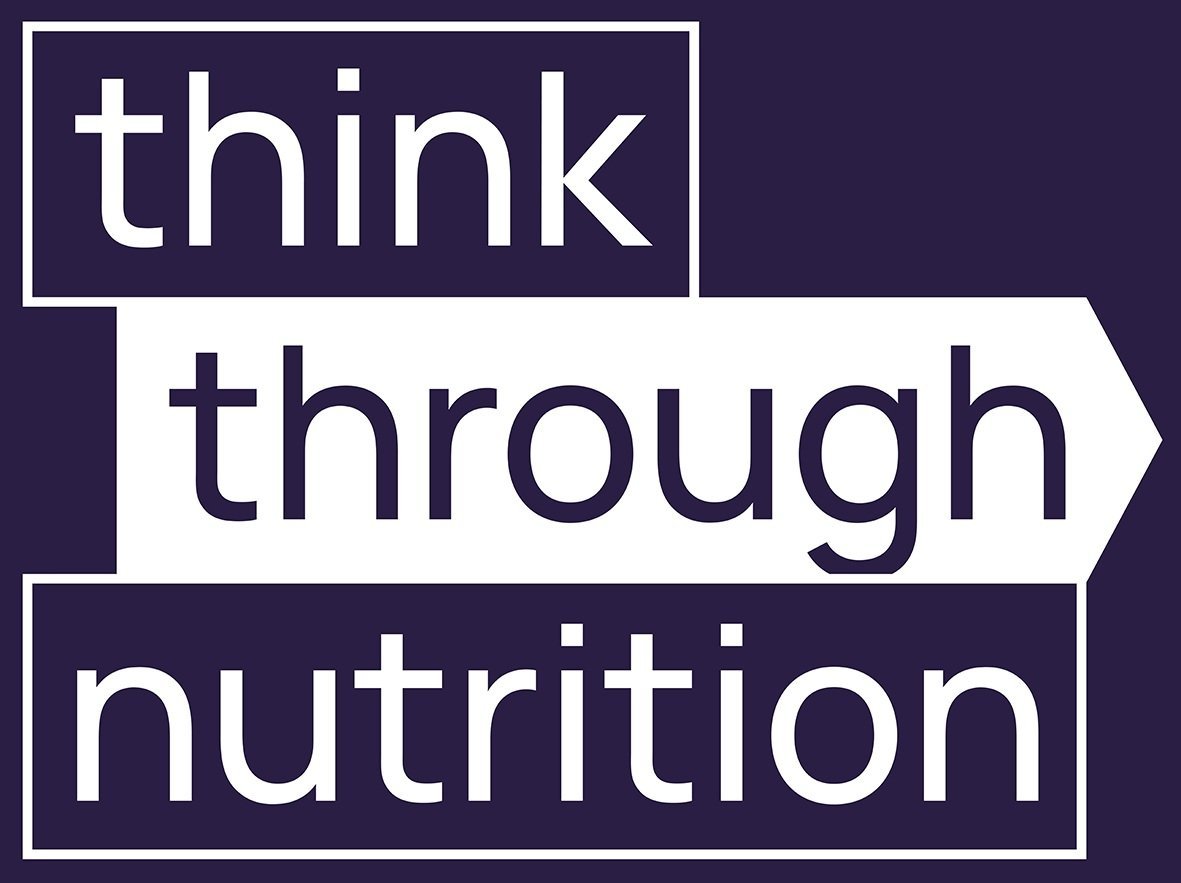Reducing aggression with omega-3: a study of healthy adults
Publication date
15 December 2017
Authors
Laurent Bèguea
Ap Zaalberg
Rébecca Shankland
Aaron Dukea
Julie Jacqueta
Perla Kalimanc
Lucie Penneld
Marc Chanovee
Philippe Arversa
Brad J. Bushman
The Publication
Overview
This article in the journal of Psychiatry Research discussed how dietary supplementation with EPA and DHA may reduce levels of physical aggression (Gesch 2002; Zaalberg 2010). It then sets out to overcome the limitations of the previous research by: 1) including a larger sample size; 2) using just EPA and DHA supplementation; 3) implementing a double blind procedures; 4) using an objective measure of aggression. This study added to the plethora of evidence by showing that nutrition, specifically EPA and DHA, can influence behaviour and reduce aggression. Further, the study demonstrated that even though there are marked genetic influences on aggressive behaviour, simple dietary (environmental) changes can have a marked effect.
Study design
The study recruited 194 healthy French adults (18-45y) from the general population, who were randomly assigned to either a treatment or control group. The treatment group received 638 mg docosahexaenoic acid (DHA) and 772 mg eicosapentaenoic acid (EPA) per day and the placebo group received equivalent quantity of copra oil. The trial took place over six weeks. Self-reported aggressiveness was measured at both the start and the end. The study benefited from good adherence, with 93% and 83% taking the daily supplementation in the omega-3 and placebo groups, respectively.
Results
Those who received the EPA/DHA decreased their self-reported physical aggression score significantly more than the placebo group (p<0.043).
Our response
These results provide further support for our original Aylesbury study which found that supplementation led to 37% fewer violent offences. The study reaffirmed that nutrition can have a direct effect on behaviour and levels of aggression. However it utilised a healthy population with baseline aggression rates fairly low to start with, which is not reflective or comparable to the original research by Gesch and Zaalberg who focussed on prisoners in gaol.
Nonetheless, the findings have significant implications. Aggression is a trait that is often implicated in serious antisocial behaviour including domestic violence, homicide and sexual assault. Evidence- already strong - continues to build that aggressive behaviour can be modified through appropriate nutrition, with positive implications for individuals, institutions and society as a whole.

